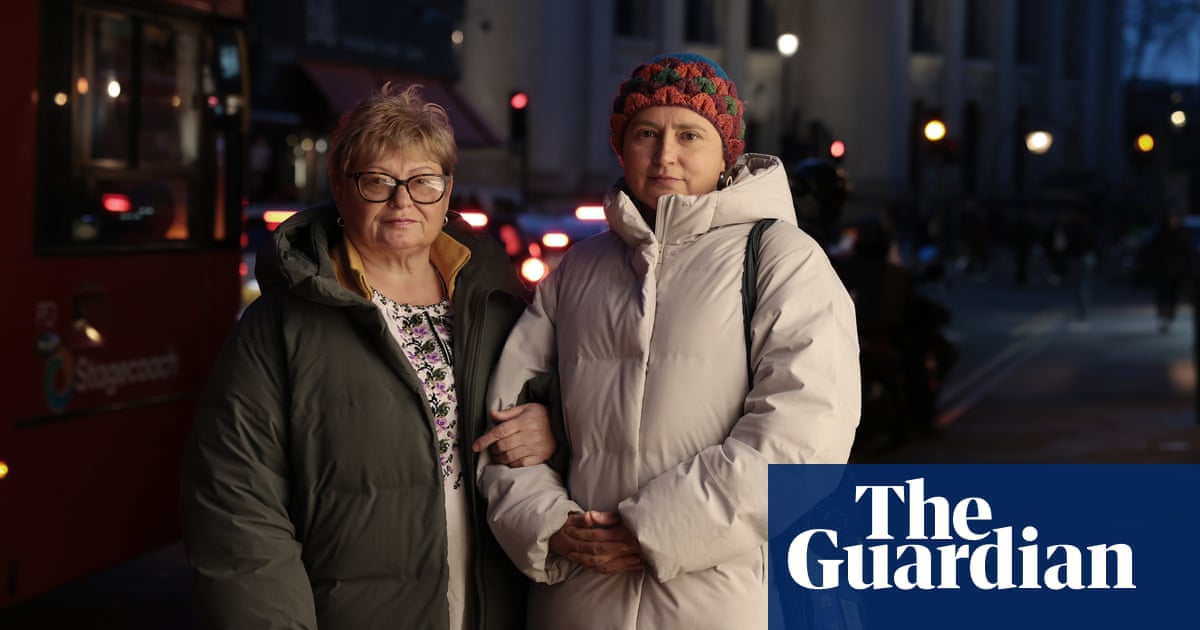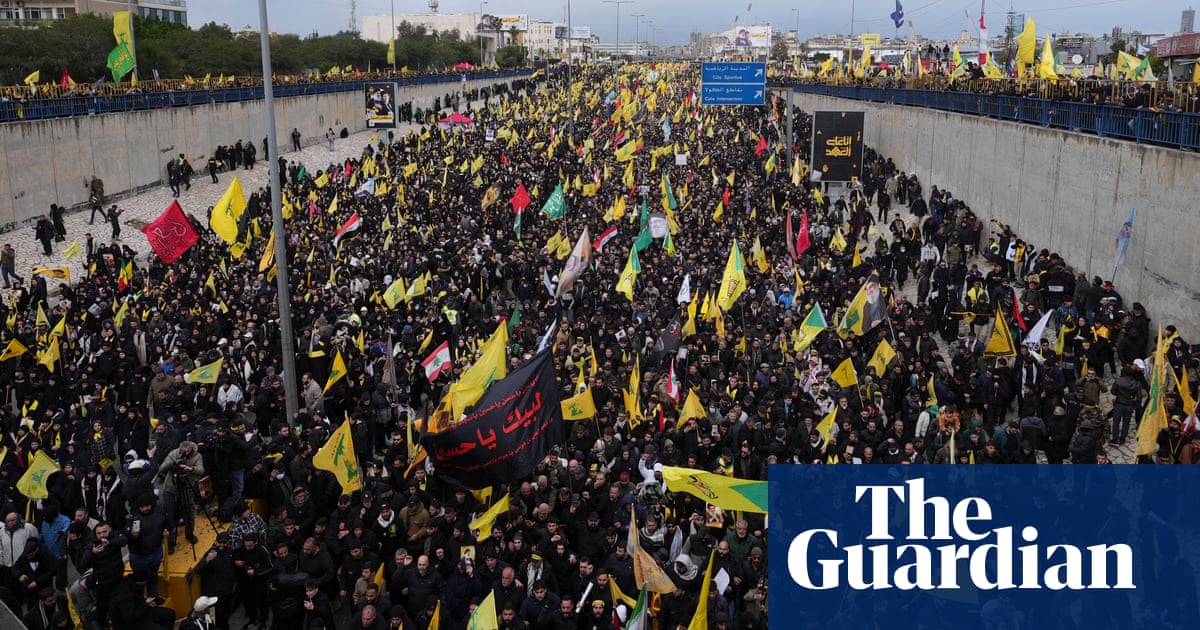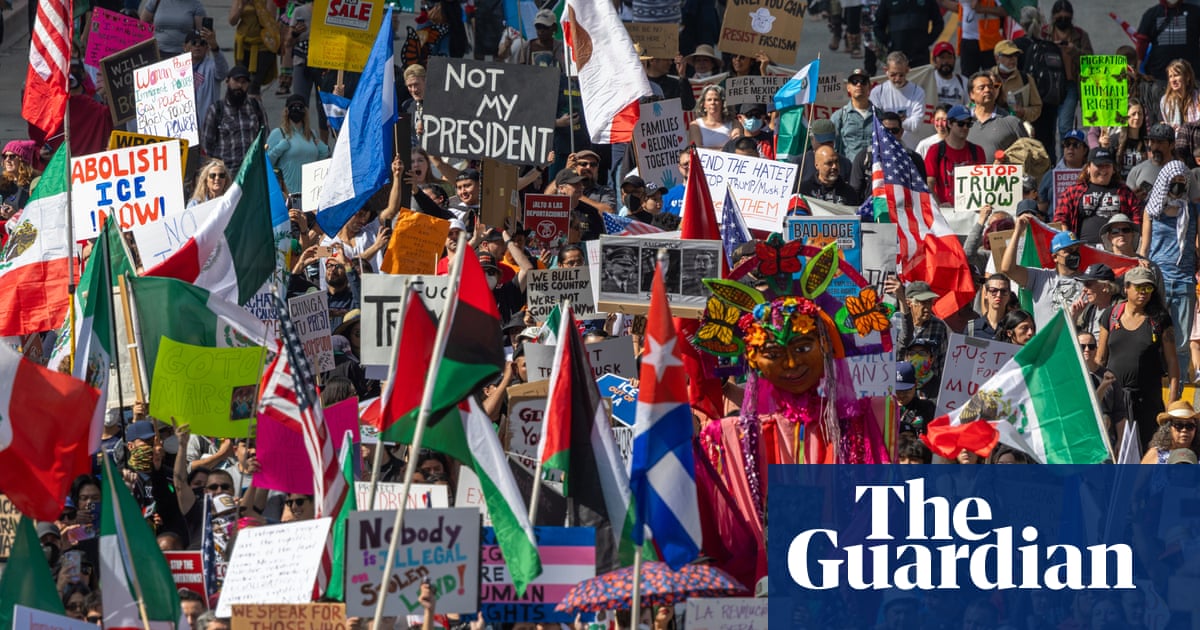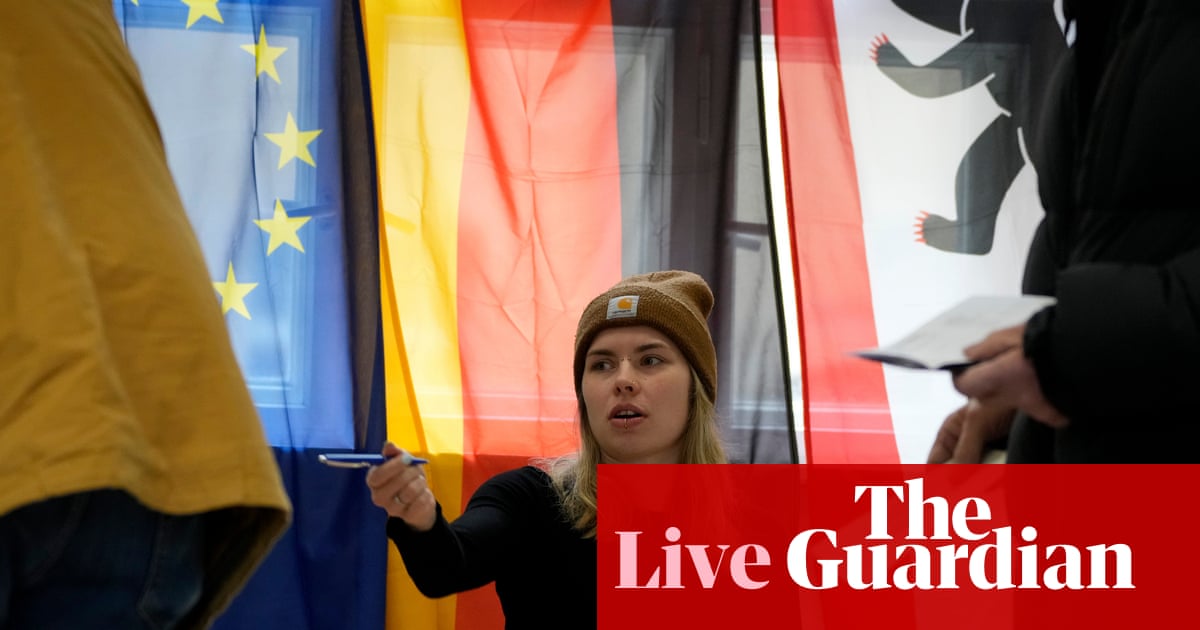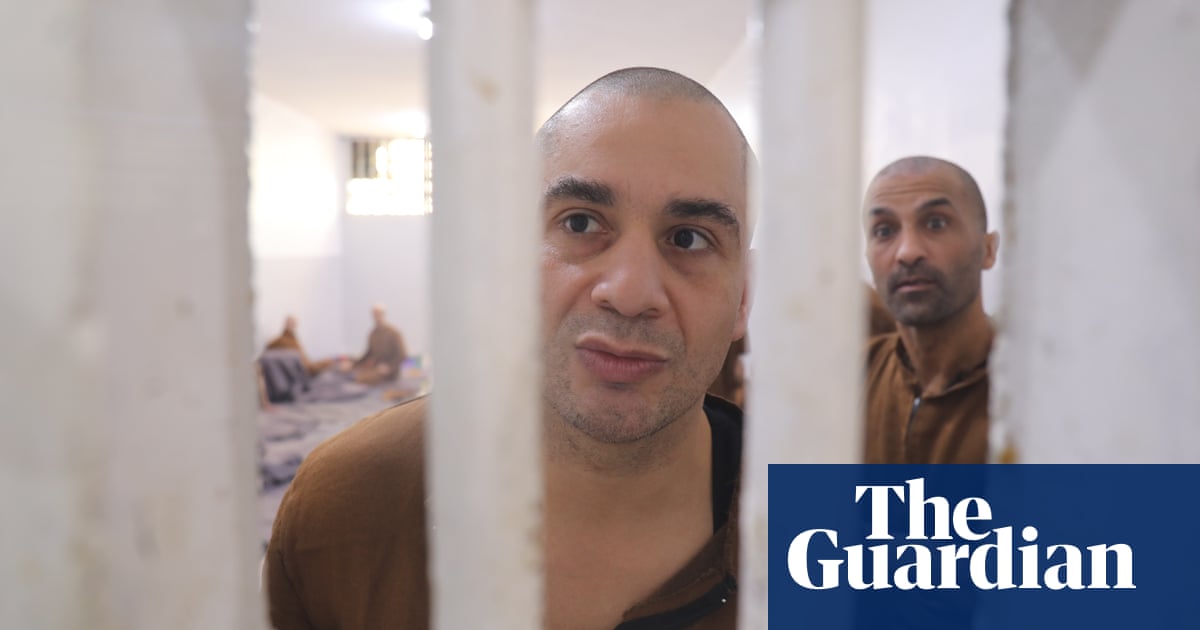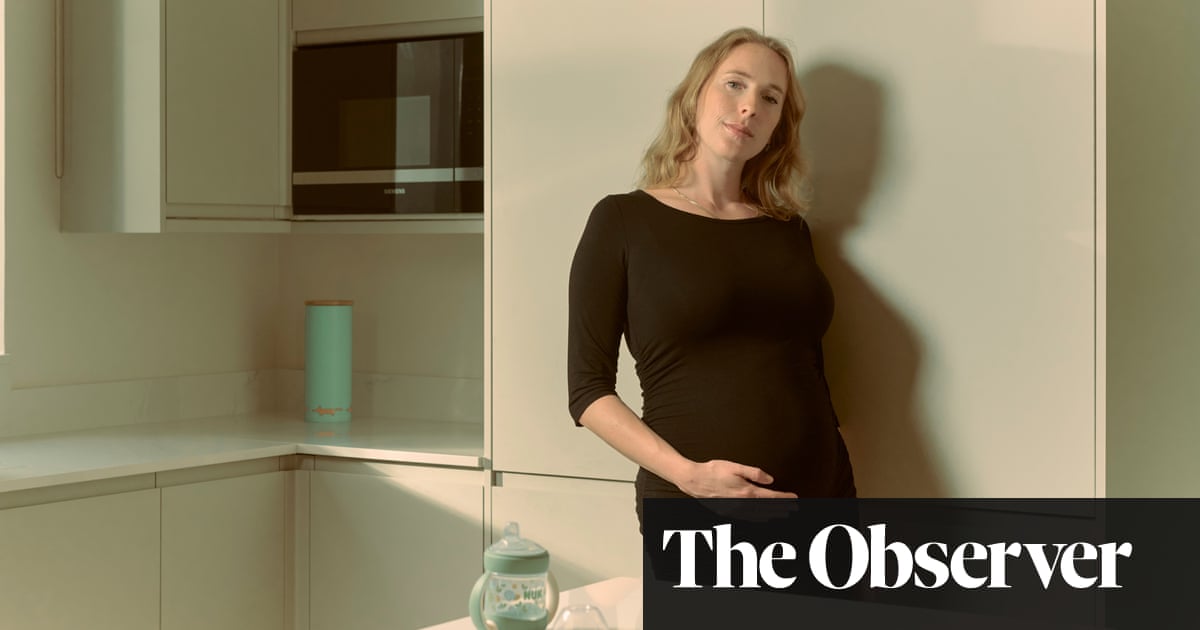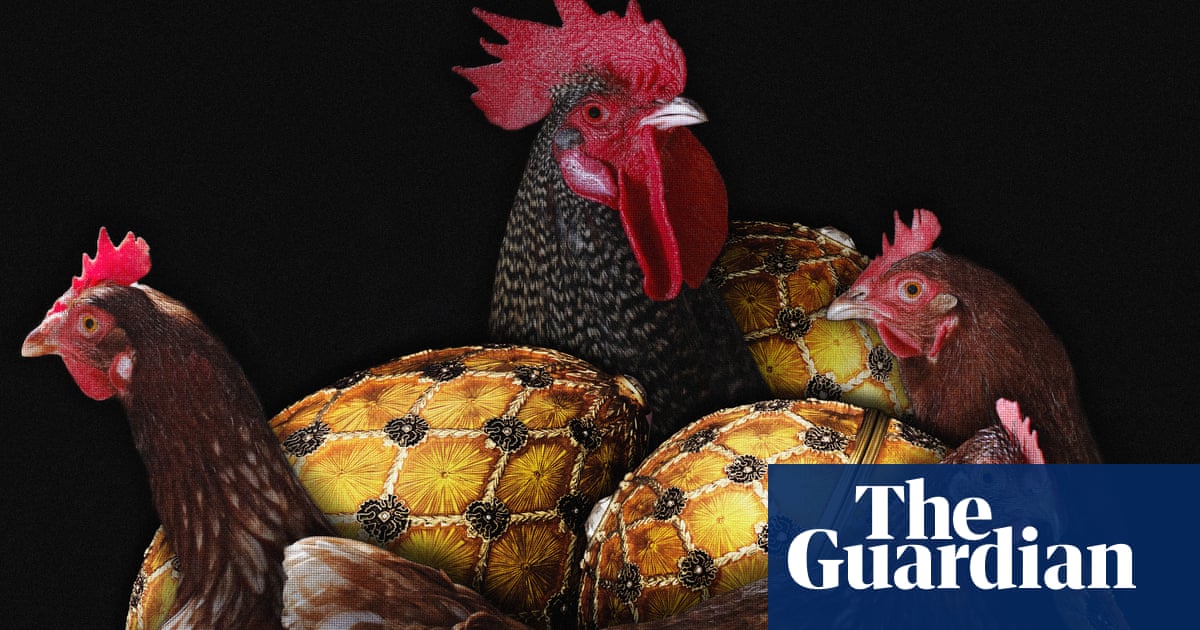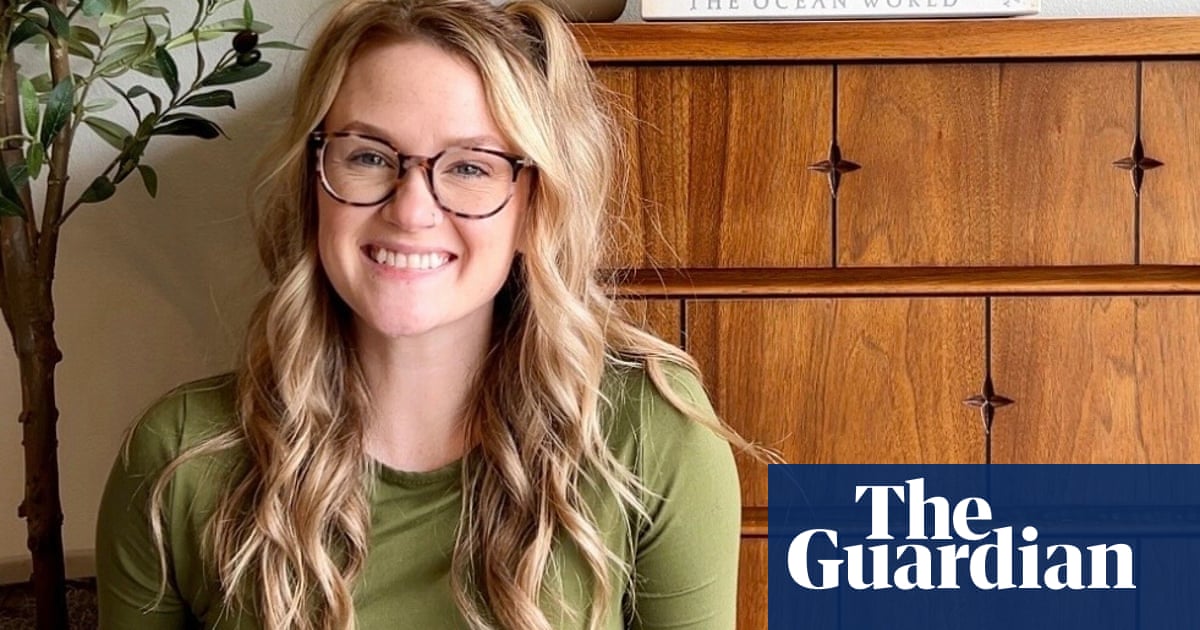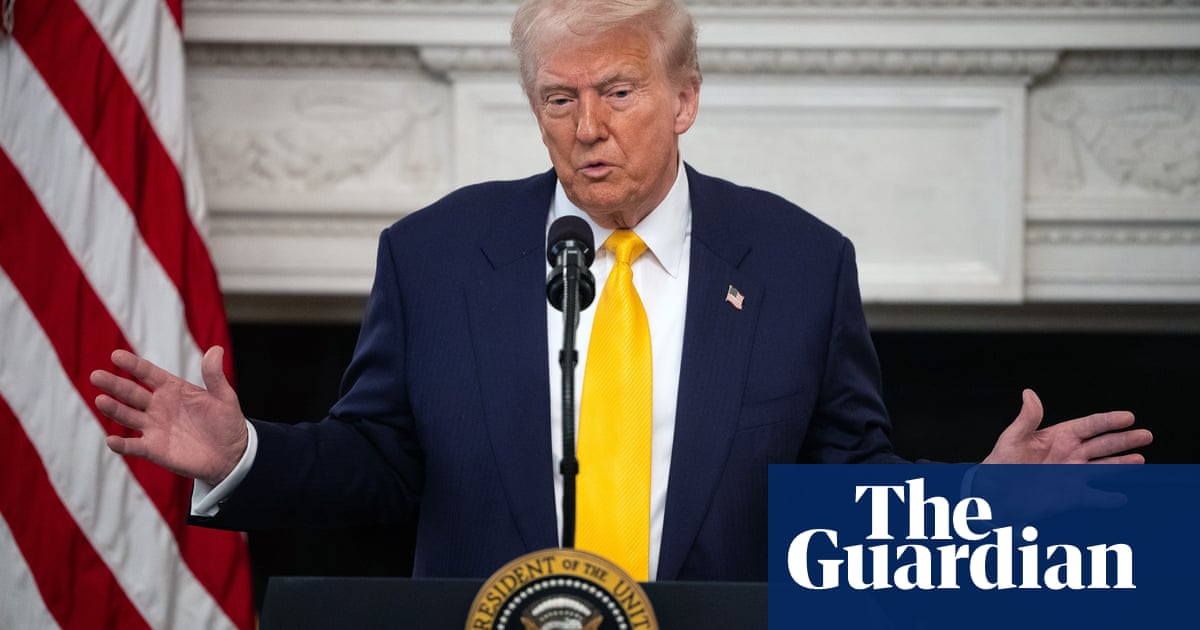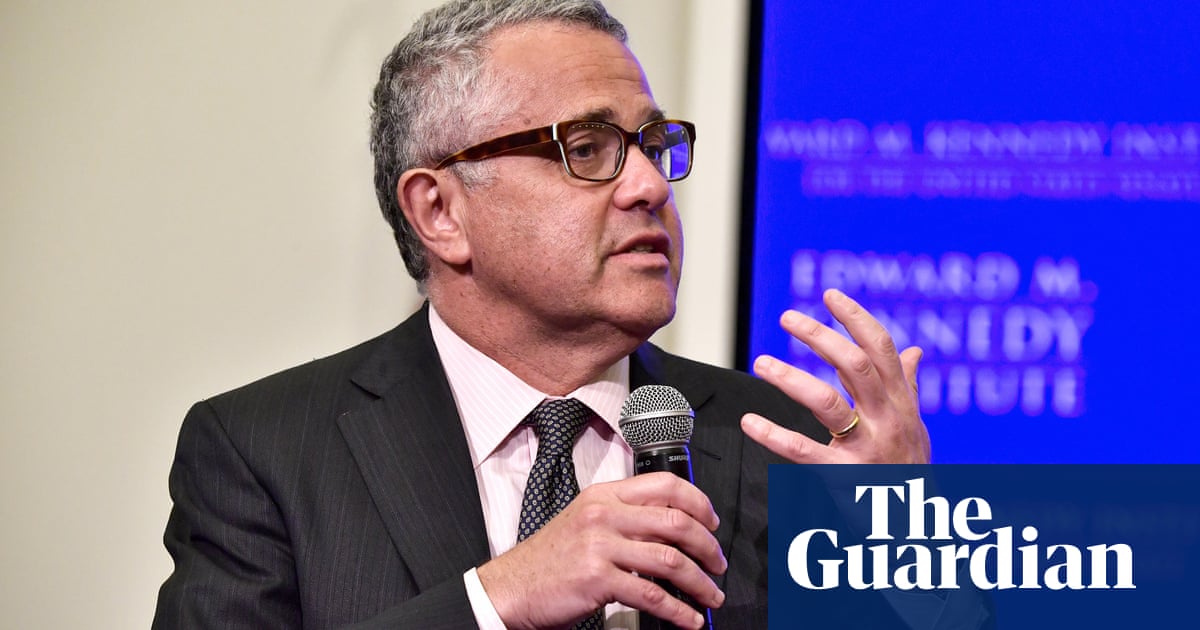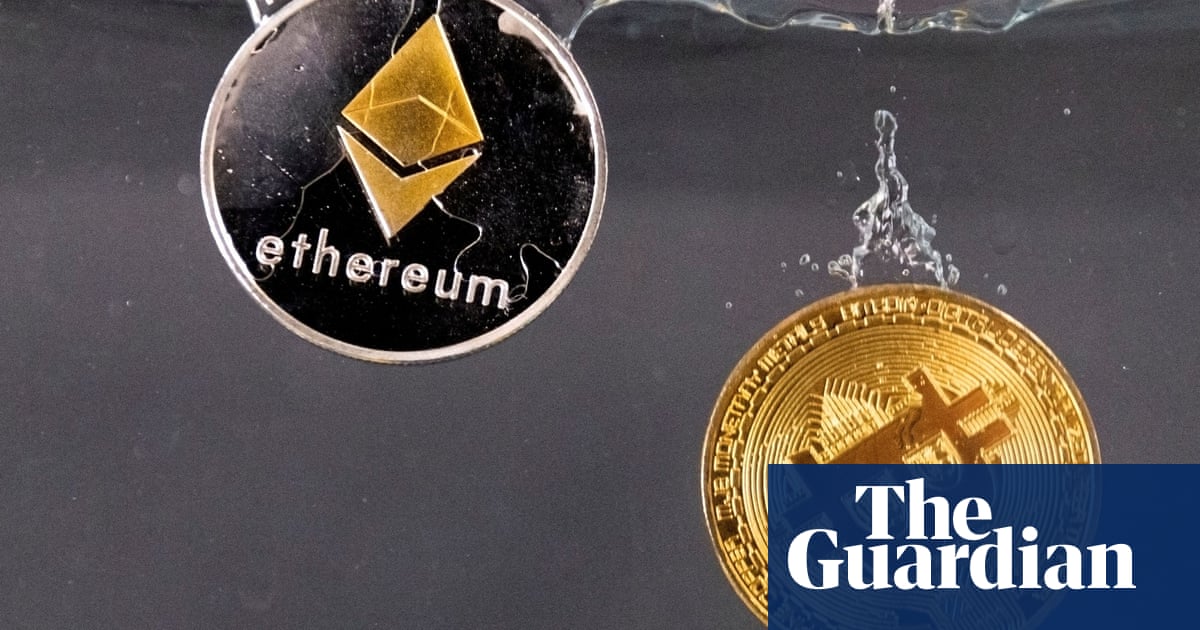Angela Merkel was notoriously discreet and privacy-conscious as Germany’s chancellor, rarely veering off message during her 16 years in office.
In her eagerly anticipated political autobiography Freedom: Memoirs 1954-2021, she has hardly turned into a gossipmonger overnight. But across 721 pages – published on Tuesday in German and English thanks to nine different translators working on chunks of the book simultaneously – there are glimpses of a Merkel previously unseen.
Here are eight things we learned.
1. Regrets? She has very few…
Merkel’s policies on migration, nuclear energy and Russia have come under severe scrutiny in the three years since she left office. But Freedom is not a book of any major mea culpas.
Her decision to accept more than 1 million refugees, mostly Syrian, into Germany in 2015 was not a mistake, she says: “The opposite is true.” Her 2011 policy U-turn on nuclear energy, leading to the phase-out of the country’s remaining reactors, came about because the accident in Fukushima, Japan, “changed my perception of risk posed by nuclear energy”. She says she wouldn’t recommend the use of nuclear in the future either.
The book presents a number of reasons why she and the then French president, Nicholas Sarkozy, were right to block Ukraine and Georgia from joining Nato’s membership action plan (Map) in 2008 – a decision heavily criticised by Ukraine’s president, Volodymyr Zelenskyy, after Russia’s 2022 full-scale invasion. With her veto, she says, she was considering not just Ukraine’s security but also the need to “increase the efficacy of Nato as a whole”.
2. ... but there are a couple
Britain’s vote to leave the European Union in 2016 genuinely shook Merkel: she experienced it as “a humiliation, a disgrace for us”, which left the EU weakened, and she asked herself whether she and other European leaders should have done more to keep Britain in. “I was tormented by whether I should have made even more concessions toward the UK,” she writes.
It’s not a full admission of an error, because she concludes that Brexit was a self-inflicted wound that Britain’s neighbours could have done little to prevent. By promising a referendum to appease the hardliners in his party, she writes, David Cameron “put himself in the hands of those who were skeptical about the European Union, and was never able to escape this dependency”.
Merkel also corrects her stance on her domestic fiscal policy, even if this too is not exactly phrased as a regret. The “debt brake” mechanism, which limits Germany’s budget deficit to 0.35% of GDP, was enshrined in the constitution during Merkel’s first term. It was a totemic policy she steadfastly defended for the rest of her reign, in the face of critics who said it was leading to a chronic underinvestment in infrastructure.
But in her memoir, which comes out three weeks after her successor government collapsed over the debt brake question, she breezily suggests that the mechanism now needs to be reformed, “to allow higher levels of debt to be assumed for the sake of investment in the future”. A gift to the next German chancellor, who is likely to hail from her Christian Democratic party, or a poisoned chalice?
3. Never trust a photograph...
There are many photographs and clips of Merkel in power, but not all are what they seem. One viral image from 2015 showed an animated Merkel with outstretched arms, talking to a seated Barack Obama, then the US president, on the eve of a G7 summit in the Bavarian Alps.
After Donald Trump’s first election victory in 2016, the image seemed to visualise a line of succession, from one “leader of the free world” to the next. In fact, she says in Freedom, the snapper had caught her discussing something more banal: not the extent of the geopolitical task on her hands, but the size of an extra-large wicker chair she had squeezed into for a photo opportunity at a previous summit.
4. … or a video
One video clip was frequently shared not by her admirers but her critics on the far right: filmed on the eve of federal elections in 2013, it shows a stern-looking Merkel take a German flag out of the hands of Hermann Gröhe, the CDU general secretary and later her health minister, and chuck it to the side of the stage.
Far from showing her disdain for patriotism, Merkel writes, she found the flag-waving “inappropriate” because she believed her party should be humble in victory. “Even in our hour of triumph we do not forget that not everyone voted for us, and that there are others who are not so happy.”
Another widely shared clip from the early years of her tenure showed the then US president, George W Bush, giving Merkel an impromptu shoulder massage as he entered a G8 summit in St Petersburg in 2008. On camera, her awkward reaction suggested that the German leader was far from pleased, but in her telling the footage did not show “a sexist infringement”: “It was a joke that wasn’t meant to intimidate or belittle me,” she recalls. “Bush and I liked and respected each other.”
5. She saw Donald Trump was ‘fascinated’ by Vladimir Putin (and the pope advised her on how to handle them both)
Unlike Bush, Donald Trump does not elicit sympathy from Merkel. She says she made the mistake of trying to engage with him as if he were someone “completely normal”. She sees parallels between him and Vladimir Putin, and says Trump is “clearly fascinated” by the Russian president: “I received the distinct impression he [Trump] was captivated by politicians with autocratic and dictatorial traits.” Both are childlike in their grievances, she says, and both try to embarrass her in front of the press – Putin once apparently tried to intimidate her with his labrador, Konni, and Trump refused to shake her hand.
Merkel tried to take the high ground with both leaders, letting the provocations wash over her and focusing on joint interests, which mostly meant trade. She cites advice given her by Pope Francis: “Bend, bend, and bend some more, but take care it doesn’t break.” It’s a virtuous strategy, but one which did not stop Trump from cancelling the US’s participation in the Paris climate agreement, nor Putin from invading Ukraine shortly after she left office.
6. She felt a lot more patronised by westerners than she let on
Since Merkel left office, a debate around continuing economic and cultural discrimination against people from the former East Germany has gone mainstream in Germany – the Leipzig-based literary scholar Dirk Oschmann’s polemic The East: A West German Invention and the historian Katja Hoyer’s book Beyond the Wall were bestsellers in 2023.
That kind of assertiveness is very different to Merkel’s attitude while she was in power. After she was elected as a member of parliament in 1990, she found that “it was more difficult than I had expected […] to speak openly to the West German media about one’s own life in the GDR”.
Interviews in which she mentioned her participation in Marxism-infused educational programmes in her youth sent journalists scouring archives for covered-up files from her schooldays.
As a result, she spoke little about her East German identity as she rose through the party ranks. Yet it didn’t mean she was immune to real or perceived slights against her upbringing: Freedom seethes with quiet rage at those who patronised her for implying that having been socialised in a dictatorship meant she “couldn’t be trusted at the head of reunified Germany”.
7. But quite how she ended up growing up in East Germany remains a mystery even to her
Young Angela moved from Hamburg, in the former West Germany, to the East German village of Quitzow in 1954, when she was six months old. The timing of their move – a year after the suppression of a workers’ uprising in East Berlin, at a time when 180,000 people were moving the other way – has raised retrospective questions about the political character of the household Merkel grew up in.
Her father, Horst, nicknamed “Red Kasner”, was influenced by Latin American liberation theology and opposed the church tax that paid for the privileges he enjoyed in his parish, she writes. But that didn’t endear him to East German authorities, who were state atheist by policy and suspicious of any member of the intelligentsia.
Quite why her father, who died in 2011, had moved her family behind the iron curtain seems to continue to puzzle her: “He was convinced that people like him were needed there,” she writes in an intriguingly bristly comment. “I think it might be called a vocation.”
At least, she writes, her father taught her how to fend off East Germany’s secret police. When the Stasi tried to recruit her as an informant to monitor her fellow students in the late 70s, she told them: “I’m a communicative person, and I always have to tell other people what’s on my mind” – a method also employed by her father. The Stasi, she recalls, immediately backed off.
8. She’s a feminist (of sorts) after all
As with being East German, so with being a woman. Her first senior position may have been as the minister for women and youth in the cabinet of the chancellor Helmut Kohl, but Merkel never leaned into her sex – she was unwilling, she writes, “to be defined as part of a group”.
As a conservative, she also disagreed with Simone de Beauvoir’s “illusion” that “feminism and a socialist vision of the world belonged together”. Even as late as 2017, when she was asked, during a podium discussion with Ivanka Trump, whether she considered herself a feminist, she gave a non-answer and threw the question back at the audience. In her memoirs, she is more assertive.
She gives emphatic credit to her most loyal advisers, Beate Baumann and Eva Christiansen, and to female colleagues whose achievements have gone underappreciated, such as the Swiss diplomat Heidi Tagliavini and the former Lithuanian president Dalia Grybauskaitė. If she were asked if she was a feminist now, she says, she would be (a bit) more unequivocal: “Yes, I am a feminist, in my way.”

 2 months ago
61
2 months ago
61

